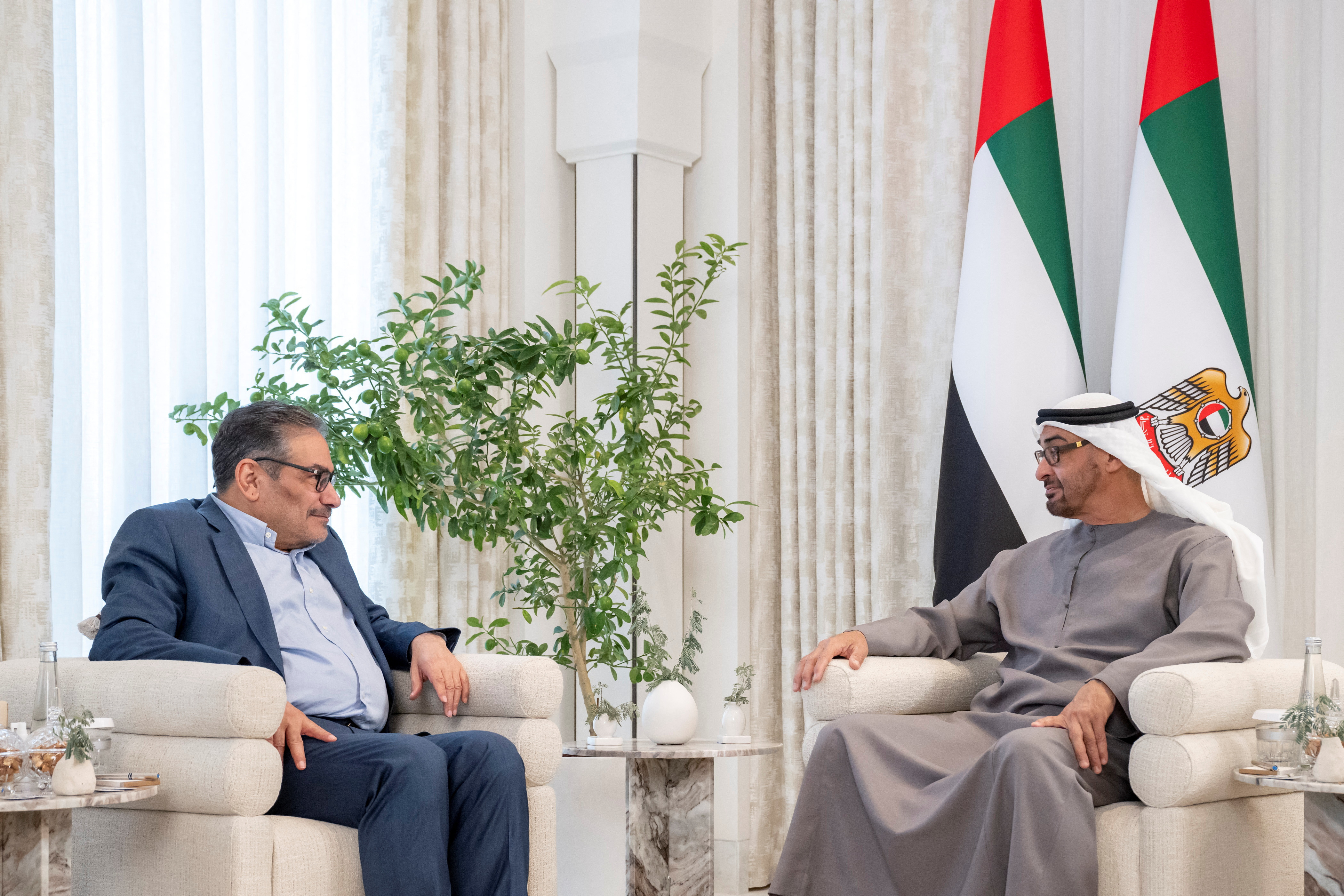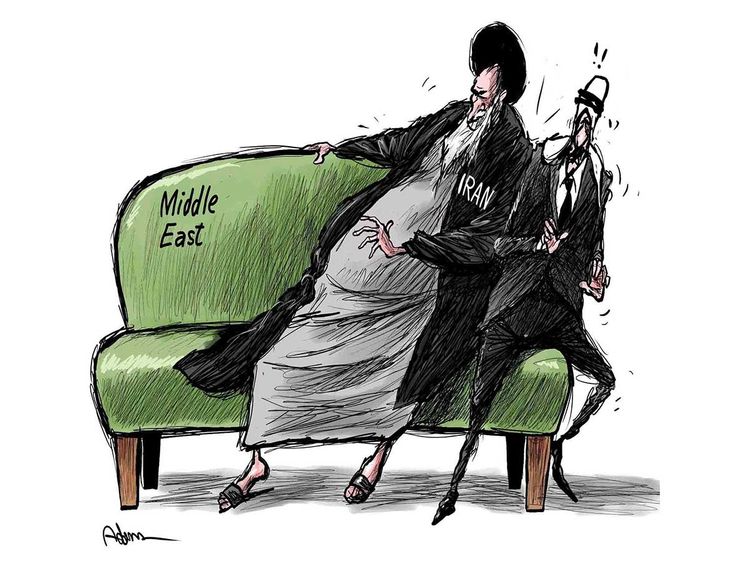"Deserted Relations" : The Renaissance of Bilateral Ties Between Iran and the United Arab Emirates
On March 10th of the present year, the Foreign Ministers of Saudi Arabia and Iran restored ties underneath Chinese brokerage, mutually agreeing toward the reopening of their respective embassies. An Iranian technical delegation has already traveled to Riyadh for this very purpose, with a Saudi delegation having done the same in Tehran. The stepping stone toward a full restoration of bilateral ties lays on ensuing the implementation of the 1998 Comprehensive Cooperation Agreement and the 2001 Security Cooperation Agreement in relation to a further collaboration between the two nations in terms of security and various economic fields. However, not all Sunni states hold such a tensed relation with Iran, with the United Arab Emirates possessing a history of economic ties with the Shiite nation.
According to the Observatory of Economic Complexity, in 2021 the Emirates exported 6.58 Billion Dollars to Iran split up into broadcasting equipment, computers and essential oils. Furthermore, since 1997 export values to Iran have annually increased by 10.8%, whereas Iran's exports to the U.A.E. have annually decreased at a rate of 0.19%, from 363 to 373 Million Dollars. This places Iran as 10th on the U.A.E.'s exports, representing 3% of total exports. Aside from the field of economics, His Highness Sheikh Mohammed bin Zayed Al Nahyan President of the United Arab Emirates, 6 days following the restoration of Saudi and Iranian ties, followed suit by receiving Iran's top security official Ali Shamkhani in order to enhance ties between the two nations. In fact, ahead of the meeting with Saudi Arabia, Tehran decided to appoint a new ambassador to the U.A.E. following 7 years of no state representative in the Emirates.
It then becomes essential to thoroughly comprehend the ease between the bilateral relations of the Emirates and Iran. In accordance to the Carnegie Endowment for International Peace, in 2021 following 14 years without any Iranian president visiting the Emirates, an invitation was extended by His Highness Sheikh Tahnoun bin Zayed Al Nahyan, the U.A.E.'s national security advisor, to the Iranian president Ibrahim Raisi, evidencing a reformed approach toward foreign policy and geopolitical strategy. Named "Zero-Problem" policy, it encompasses the establishment of better means of communication and an expansion of diplomatic ties, specifically in regard to local adversaries such as Qatar, Turkey or Iran, with the overall objective of boosting the country's national economy following the pandemic. The focus on diplomatic solutions and soft power aims to consolidate its economic prosperity, in contrast to the Emirates' role during the Arab Spring where a fierce military force was showcased through its intervention in regional conflicts, as it came to happen in 2011, employing its air force in Libya and delivering military armament to Syrian rebels.
Proxy conflicts, as in Yemen with Sunni countries led by Saudi Arabia backing the current government contrasting Iran's backing of Houthi rebels, just come to evidence the magnitude of this conflict and that further mutual cooperation is needed, aside from renewed bilateral relations fully reliant on soft power approaches, in order to diffuse it. The United Arab Emirates providing a 1 billion dollar aid package to Yemen's government bears out a continuous use of "proxy politics" with no end in sight. Imperative and restrictive nuclear measures agreed upon through the Joint Comprehensive Plan of Action in 2015 between various nations, were violated by Iran a year later. An end seems to not be in sight.
Currently, the Middle Eastern power dispute seems to have simmered down, with the reestablishment of bilateral relations between opposing states, however it comes as no surprise that the Emirates, and other Sunni states, foresee Iran's expansion and foreign interference as a direct threat to its national security. As the economic and military commanding powerhouse in the Middle East, Iran previously handed its Gulf counterparts the difficult task of "keeping up" with its foreign influence and power, rather than taking the diplomatic high-road. The relations may be portrayed as a future path, one that is presently being traced without a defined direction in sight: Proxy Politics, War or Peace.










Comentários
Enviar um comentário